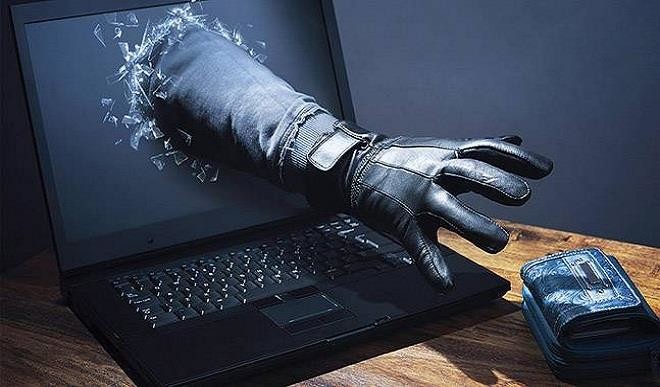The U.S Embassy in Abuja on Tuesday advised professionals and young people including students to desist from clicking on any site except those considered secure to guard against cyber fraud.
Ms Kathleen Ms Kathleen FitzGibbon, Chargé d’ affaires, U.S. Embassy, Nigeria gave the advice while speaking with journalists on the sidelines of the Cybersecurity Awareness Seminar with the theme: “Own IT, Secure IT and Protect IT” held in Abuja.
FitzGibbon said that although the use of internet was paramount for professionals and students, “everyone must learn to consciously protect their presence on the internet, especially on all social media platforms”.
According to her, some people reveal too much information on their platforms, a situation which gives easy access to bad actors to carry out crimes with the details available to them.
She urged the students not to click on any site except the ones they know are secure.
The Chargé d’ Affaires also warned against using free WiFi in restaurants, hotels, and airports, saying that though free, some of the internet accesses could be dangerous when not secure.
FitzGibbon also urged youths not to upload images on social media platforms that would affect their reputation in the future or put anyone’s image on social media platforms without their permission.
“The seminar is to create awareness on Cybersecurity for the youths, to secure and protect what they put out on the internet.
“Because what you do now as youths might be a little embarrassing later on in life.
“So, it is just to get people to think about managing their image on the internet.
“The internet is non-avoidable today. If you need to put anything on the internet you need to ensure that it is safe and is the actual reflection of who you are,” she said.
Similarly, Heather Armstrong, an FBI agent in the U.S. embassy said that Operation Security (OPSEC) was a process used to identify critical information outlines for potential threats and risks.
She said that individuals should protect information such as photos, hobbies, dislikes, names, hate speech, making post of daily activities, and sharing exact location – that people, especially bad actors, could use against them.
According to her, using the same password for all internet platforms can be risky and can make it easy for hackers to have access.
She urged the publc to guard against unprotected communication such as the use of public hotspot.
Armstrong warned youths against posting inappropriate content such as drinking, drugs use, hate speeches, offensive gestures, and profanity on the internet, saying that some posts could be difficult to retreive and that one would never know who might have seen such posts.
She added that such posts could ruin an individual’s reputation, and could get one in trouble with the law, parents or school.
She emphasised that such situations could destroy a person’s future opportunities.
“Some people share too much online (and such materials) reach people they don’t expect them to reach
“Some people post everywhere they are at, and at every moment, which is dangerous.
“They post home addresses, phone numbers, locations, and email addresses, which bad guys such as hackers, scammers, theives, and stalkers can use.
“To avoid this, always use different passwords on each account. Use privacy settings, limit access to your location, and don’t share anyone else’s information.
“Don’t post revealing images which can be used to blackmail you and don’t ask or pressure anyone to share their image, which are the privacy rules,” She added.

 Join Daily Trust WhatsApp Community For Quick Access To News and Happenings Around You.
Join Daily Trust WhatsApp Community For Quick Access To News and Happenings Around You.


